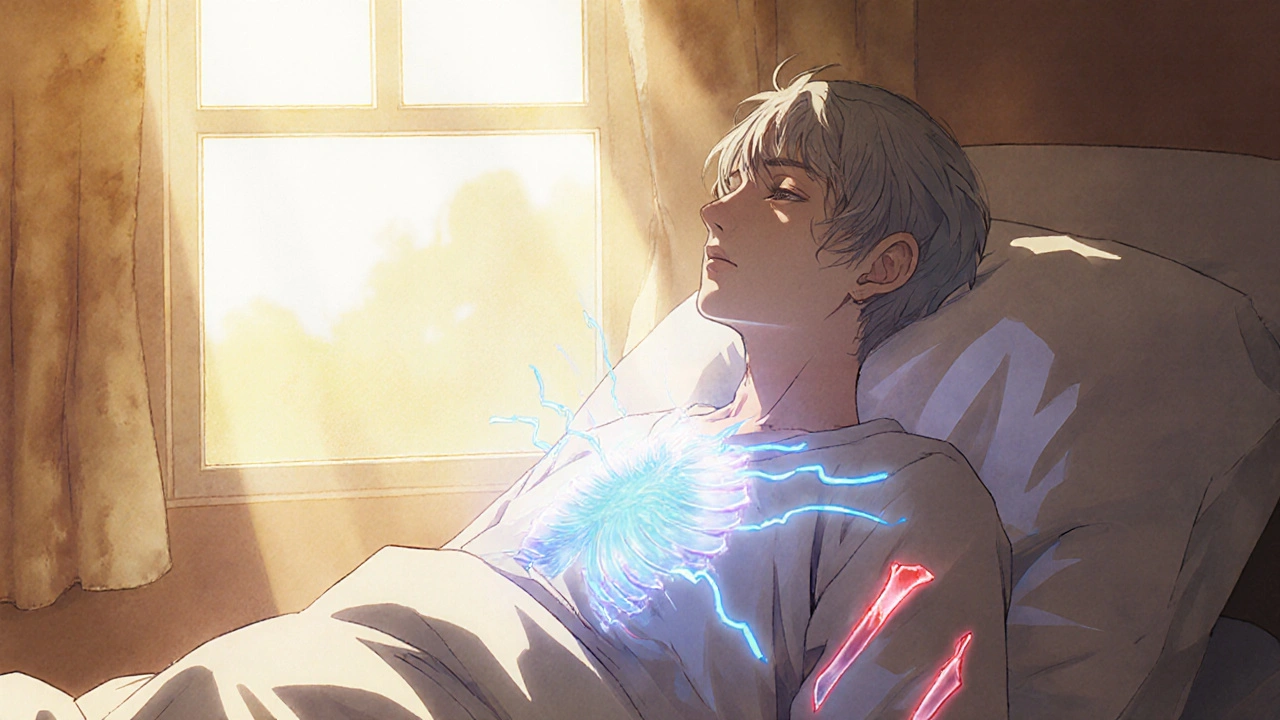Multiple Myeloma: Causes, Treatments, and What You Need to Know
When your body makes too many abnormal plasma cells, a type of white blood cell that normally produces antibodies to fight infection. Also known as myeloma, this cancer starts in the bone marrow and can weaken bones, lower immunity, and cause kidney damage. Unlike other cancers that form solid tumors, multiple myeloma spreads through the bloodstream, affecting multiple bones at once. That’s why it’s called ‘multiple’ — it doesn’t just sit in one place. It’s not common, but if you’ve been told you have high calcium, low red blood cells, or protein in your urine, it might be worth asking if this is the cause.
These abnormal plasma cells don’t do their job right. Instead of helping you fight germs, they crowd out healthy blood cells and pump out useless proteins called monoclonal proteins, abnormal antibodies made by cancerous plasma cells that can harm organs. These proteins show up in blood and urine tests and are one of the first clues doctors look for. Over time, the cancer eats away at bone, leading to fractures, pain, and even spinal compression. It also messes with your kidneys because those proteins clog the filters. And since your immune system is overrun, you get sick more often — even from simple colds.
There’s no cure yet, but treatments have improved a lot in the last decade. Drugs like proteasome inhibitors and immunomodulators help slow the cancer down. Stem cell transplants can give some people years of remission. Newer therapies, like CAR-T cell treatments and monoclonal antibodies, are giving hope to people who didn’t respond to older options. And while it’s not the same as leukemia or lymphoma, it’s part of the same family of blood cancers — so knowing how it works helps you understand why certain treatments are used.
If you’re dealing with unexplained bone pain, constant fatigue, or frequent infections, don’t ignore it. Multiple myeloma doesn’t always show up on routine tests, but if you’ve had abnormal blood work or a history of anemia or kidney issues, it’s worth digging deeper. Below, you’ll find real comparisons and guides on medications, side effects, and supportive care — all written to help you make sense of what’s happening and what comes next.

How Pomalidomide Helps Manage Cancer-Related Pain
Pomalidomide helps manage cancer pain by targeting the root causes-tumor growth and bone damage-not just masking symptoms. It's especially effective for multiple myeloma patients who haven't responded to other treatments.
